7 key factors to consider if you’re buying a property before 35
Covid-19 has pushed many Singaporeans to buy their own homes earlier, especially with Work From Home (WFH) arrangements becoming indefinite.
This has resulted in newly married couples, singles, and even people barely out of school wanting their own place.
For these younger buyers, there are some key concerns to avoid problems further down the road:
1. Before buying a private one-bedder, consider your future needs
As singles can’t apply for HDB flats until they’re 35, a common alternative is to buy an affordable shoebox unit.
Although these units have a very high price PSF, the low quantum can make them rather tempting. Singles in the upper-middle-income range, or who have a bit of help from parents, sometimes find them within reach.
In Affinity at Serangoon, for instance, there are 474 sq ft units transacting at just $842,000, while The M has 463 sq ft units that have transacted even below $1.1 million.

While we understand the temptation, it’s important to remember three things:
- You cannot buy an HDB flat if you already own private property; even if it’s just a one-bedder
- If you want to settle down and start a family, a one-bedder isn’t going to last you very long
- One-bedders can be tougher to sell, as they appeal to niche buyers like retirees, other higher-income singles, and investors
One common issue, among younger buyers, is that they’ll buy a shoebox unit for themselves, but end up wanting to get married or start a family a few years later.
At that point, you may be forced to sell the unit to switch to a bigger HDB flat. But there’s no guarantee the property market will be a good time to exit. You also have to remember your unit could be harder to resell, compared to a regular-sized condo.
(The bulk of buyers, as of 2021, are HDB upgraders; these are often families who need at least a three-bedder).
On top of that, remember that you need to wait 30 months after selling a private property before you can apply for a BTO flat. This could leave you stuck with having to buy a pricier resale flat, with a shorter lease.
So while we understand that renting can feel like a waste of money, it’s sometimes still a better option, than rushing to buy a shoebox. Do consider if a shoebox can still serve your purpose, five or more years down the road.
2. If you buy with your parents help, set some common points of agreement first
Most young buyers can’t take on the whole mortgage by themselves yet. The most common solution is to turn to a family member, as a co-owner/co-borrower. But think through the implications before doing this:
Say you have a parent as a co-owner; and a few years down the road, you decide you need to sell. What would happen if your parent(s) disagreed?
Likewise, what happens if your parents encounter a financial problem, and need to liquidate the property? This leaves you caught between leaving your parents in financial distress, and possibly selling at a loss.
Your parents are also going to have a say in other issues, such as cash-out refinancing, or whether you should accept certain tenants (if you ever rent out rooms or the whole unit). We sometimes find that this results in serious conflicts, as one party may be more conservative than the other.
For these reasons, it’s best to write down and agree upon some common points, before having a parent as a co-owner. This includes an understanding of when the property might be sold, and what you intend to do with the property.
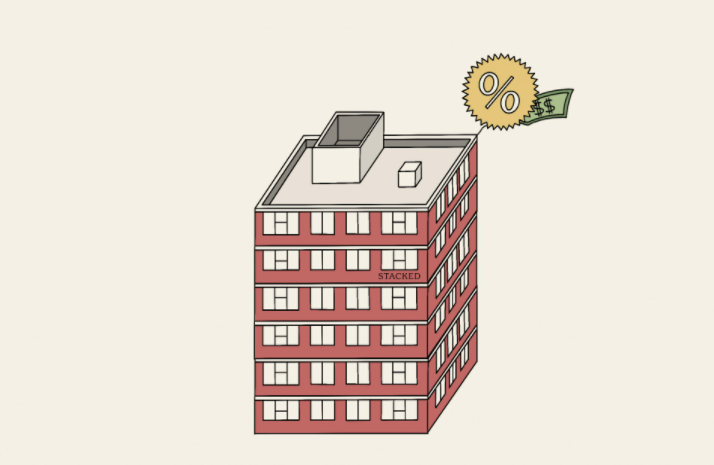
3. If your entire CPF is cleared out, ensure you have additional emergency savings
Your CPF savings are probably less sizeable if you buy at a young age like 25. It’s quite possible that your Ordinary Account (OA) will be close to empty, after the down payment, stamp duty, and monthly home loans (if you service the loan with CPF).
This can result in problems if you lose your job, or your income is diminished.
Never assume you can quickly sell off the property if you end up struggling to service the mortgage.
First, you cannot count on getting a better price, if you’re forced to make an urgent sale. The less time there is to market your property, the lower the sale price tends to be (buyers can sense desperation!)
Second, for private properties, you will pay Sellers Stamp Duty (SSD) of 12 per cent if you sell in the first year, eight per cent in the second year, and four per cent in the third year.
For HDB properties, you’ll need to get special permission to sell before the five-year Minimum Occupancy Period (MOP) is up; this is not easy or quick to obtain.
It’s precarious to be a homeowner, with no emergency savings. If your CPF has to be wiped out, we suggest you actively save right after – until you have enough to cover the expenses for six months.
(Note that for private condos, the expenses include quarterly maintenance fees).
4. Sometimes, it’s worth renting in a particular place before you buy
Contrary to what some may claim, this is not a waste of time and money. If you’ve never lived away from home before, it may take some time to really understand what you want.

For example, many younger buyers think it would be absolute heaven to live near their favourite mall or MRT station. But two or three years in, they start to notice problems they never considered before. Common oversights are:
- No childcare facilities nearby (for young couples)
- Parents live too far away (perhaps you previously wanted to keep your distance, but now you really need their help with their grandchildren)
- Most of the surrounding amenities are beyond a young couple’s or single’s budget, and end up being quite useless to you (this often happens around Holland V or Botanic Gardens)
- You’re sick of the pool and gym after a few months, and wish you were not paying $1,000+ per quarter for them (that’s a $4,000 holiday once a year, which you’re giving up)
- A walk-up apartment seemed cool at first, but now you really hate walking up and down four floors every day
- An open concept kitchen seemed spacious enough, but the constant smell of food lingering in the apartment was too much to bear
- You have more possessions than you realise, and the storage available just isn’t enough
It can be hard to know what’s really important to us, until there’s direct experience of independent living.
So there’s nothing wrong with renting for a while, before deciding what to buy. It’s often a smart move.
For those considering a rent before you buy option, rental prices are on the uptrend at the moment, so do take that into consideration.
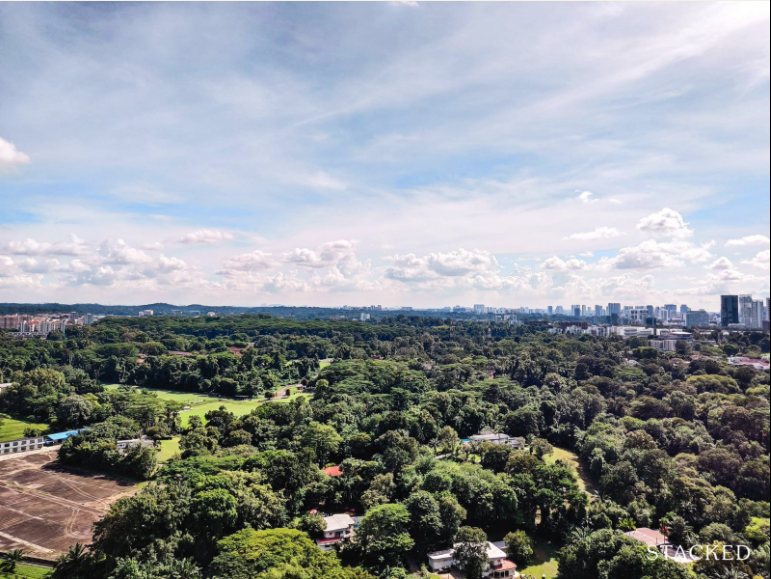
5. Don’t just focus on one specific thing that’s important to you
One trait we’ve noticed, among younger buyers, is that they’re often passionate about one specific thing in an area. For example, wanting to live near a particular stretch of nightlife that they frequent; or wanting to live near a specific sports facility.
While it’s nice to live near our chosen recording studio, hangout joint, hiking trail, etc., we’d suggest taking a broader picture.
Keep in mind that people and places change – five to 10 years down the road, that row of pubs or hangout joint may be long gone.
On a deeper, your lifestyle and preferences may also change. What you spend your weekends doing may be quite different, five years down the road.
So when checking the surrounding amenities, don’t sacrifice everything to one desired element. Pick based on a wider combination of factors, such as access to public transport, proximity to work, etc.
6. Think about the remaining lease even if you are planning to stay for the short-term
Properties with advanced lease decay tend to be cheaper; this can make them attractive to young home buyers on a budget.
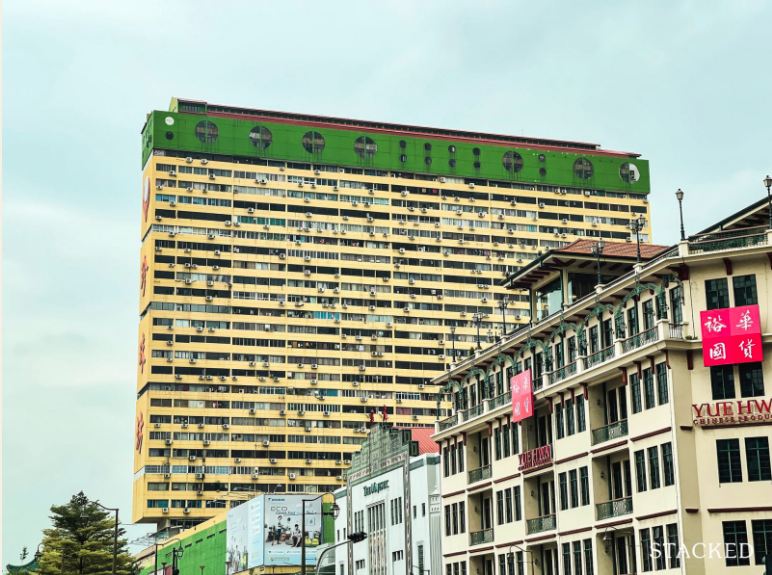
You can, for instance, get a 409 sq ft unit at People’s Park Complex for around the price of a resale flat ($530,000). We have also seen some young buyers purchase 506 sq ft units at The Hillford (ironically a condo meant for retirees), with current prices around $590,000.
But People’s Park Complex was built in 1973, and is on a 99-year lease. The Hillford has only a 60-year lease, and was built in 2017.
Remember that subsequent buyers of your property will face financing issues if the remaining lease is too short. Some banks may not give full financing if there’s only 60 years or less on the lease; there’s no financing if there are 30 years or less on the lease. This can cause difficulties or losses at the point of resale.
So even if you’re only intending to stay for five to 10 years, don’t ignore the remaining lease.
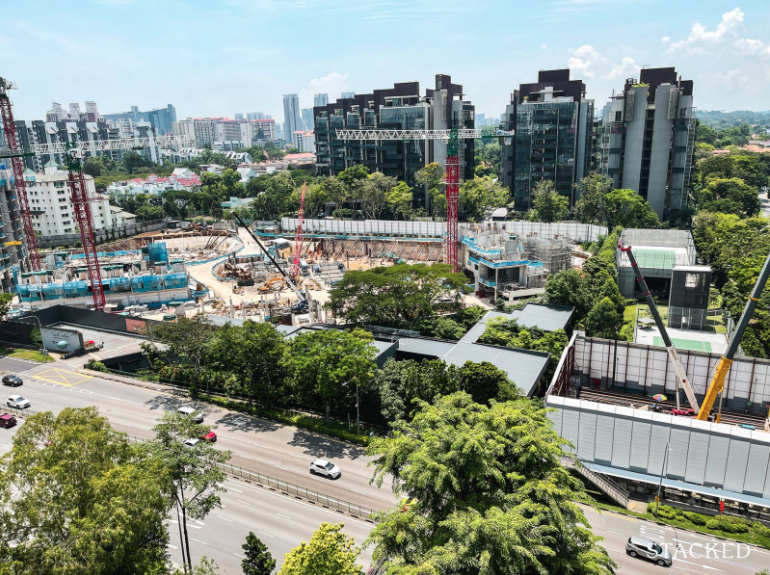
7. Have a clear strategy in mind before going into details
Covid-19 has caused a bit of cabin fever, and a lot of young buyers are grasping at any units they can afford. They just want to get out of their parent’s home now and worry about the rest later.
This can lead to regrets later, if they find they’ve overspent, need to trade down for an HDB or smaller unit, etc.
If you must rush for a unit now, at least do so with an idea of what you’ll do with it. For example, do you intend to:
- Eventually, resell it to buy a bigger condo?
- Resell it to buy a bigger resale flat?
- Purely use it as a home (if so for how long)?
- Use it as a rental asset (e.g. buy a dual-key unit, so you can take on a tenant to offset some of the cost)?
If you have a clear idea in mind, you’re more likely to end up with a property you’re happy with.
It also takes some emotional elements off the table, when it’s time to view homes and make a decision. This makes home buying less stressful.
Finally, when in doubt, remember it’s okay to rent for a while. Take your time, and see what you like.


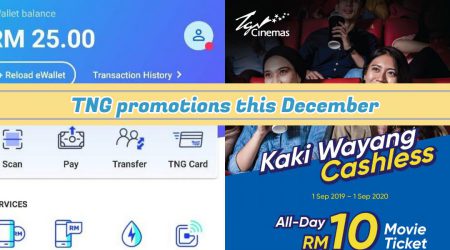





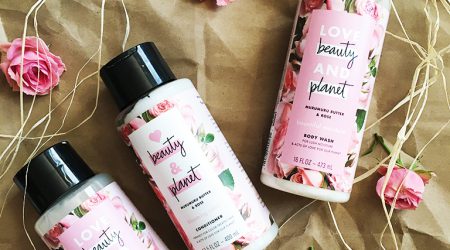



Leave a Reply